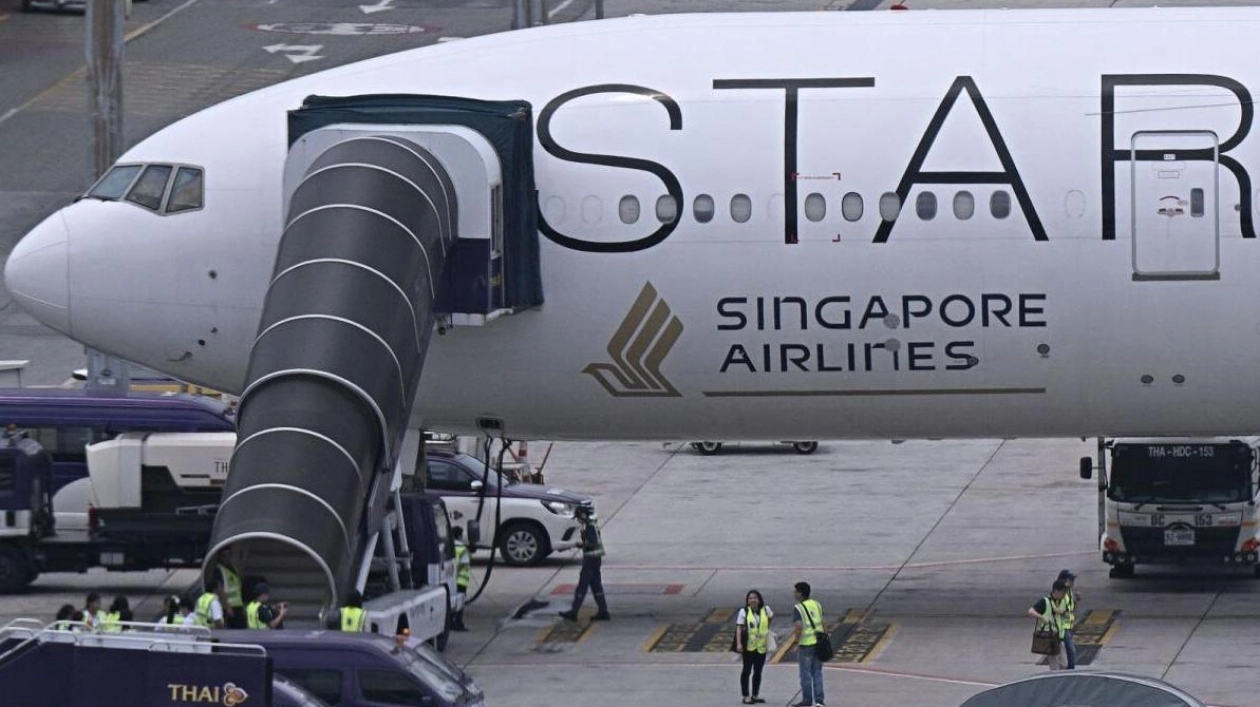On June 11, Singapore Airlines announced that it has provided $10,000 in compensation to passengers who sustained minor injuries during a turbulent flight last month and plans to negotiate larger settlements with those more severely injured. During flight SQ321 from London to Singapore, which encountered severe turbulence over Myanmar, a 73-year-old British man reportedly died from a suspected heart attack, and several other passengers and crew members suffered injuries including skull, brain, and spine trauma. The pilots of the Boeing 777-300ER, carrying 211 passengers and 18 crew, diverted to Bangkok where the injured were hospitalized. The airline stated that passengers assessed as having serious injuries requiring long-term care and in need of financial aid would receive an advance payment of $25,000. Witnesses reported that crew members and passengers not secured by seatbelts were thrown into the cabin ceiling, causing damage. A hospital in Bangkok confirmed treating patients for spinal cord, brain, and skull injuries. As of June 4, 20 passengers were still hospitalized in Bangkok, though the airline did not provide an updated number. Singapore Airlines also announced it would refund all airfares for the passengers on the flight and provide delay compensation in line with EU or UK regulations. A preliminary report by Singapore's Transport Ministry indicated that a rapid change in gravitational force and a 54-meter altitude drop likely caused the airborne incidents. The report suggested the plane was flying through an area of developing convective activity, indicating potential bad weather. The flight carried 211 passengers, including many from Australia, Britain, and Singapore, along with 18 crew members. The incident has raised questions about seatbelt usage during flights, with airlines typically allowing passengers to unbuckle during normal cruising but recommending they remain fastened.

Text: Lara Palmer
11.06.2024
Flight SQ321 diverted to Bangkok after severe turbulence causes multiple injuries and one death.





